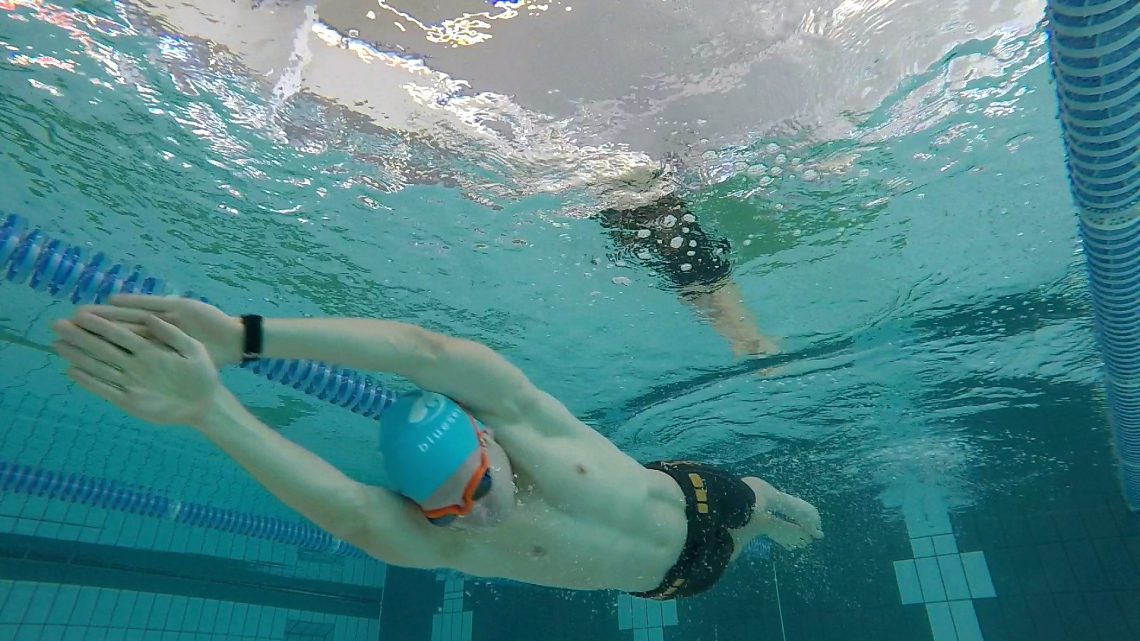
Improve Breathing for Better Performance
Have you ever done a hard effort and noticed as time passes your breath gets shorter and shorter? At a certain point you slow, as you just can’t keep up the effort and it feels like you cannot get enough air in.
An article produced by a group of researchers from Harms et al. in 1997 measured the blood flow to the legs during cycling exercise. Over time, as the breathing muscles fatigued, blood delivery to the legs reduced because the breathing muscles demanded it and as a result performance levels declined. Thus, to perform at your best, being able to breathe efficiently is critical.
Tips to Improve Breathing
- Be mindful of your breath when you start an activity. By paying attention to your breathing while exercising, you are more aware and this allows you more control over it. It is very hard to slow your breathing once you get to a point that you are gasping for air. Instead, by controlling your breathing from the start of a run for example, you can perform much better.
- Find a breathing rhythm that suits your activity. Keeping up a rhythmic deep breathing pattern will enable you to go further than not thinking about breathing at all.
- Think about your posture and how it affects your breathing. When your shoulders and back are rolled forward, this makes it harder to breathe. Instead, by making ourselves long and tall, it allows us to breathe easier.
- Practice controlling your breath. It is possible to strength train your breath, and in fact swimming provides quite the opportunity to do so. Challenge yourself to try breathing every 5,7,9 stroke. It will be hard, but over time you will get more efficient. Other exercises may include only breathing through your nose on an easy run, or practicing a series of deep exhales.
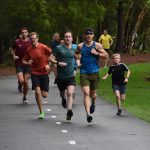
I’ve lost count of the number of times I’ve passed someone huffing and puffing away and it’s easy to end up doing if we don’t think about it. After all breathing is something that comes naturally to us, and most of us don’t have to think about how to breathe. However, as mentioned at the start, the harder you breathe the respiratory system requires more blood. This results in less blood going to the muscles generating the power to do the task you want to do. So next time you’re exercising try to remember this and control your breathing to maximise your performance.
Interesting in learning more, checkout The Physical Performance Show: James Fletcher, Physiotherapist, Exercise Physiologist, ‘The Science of the Breath’


You May Also Like
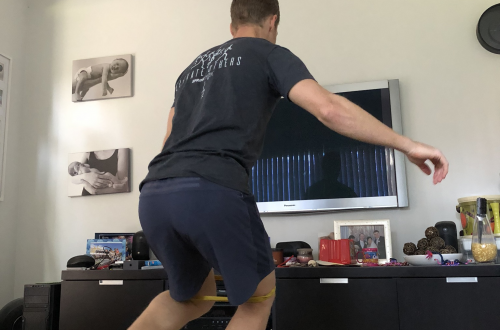
Cycling Prehab
December 21, 2020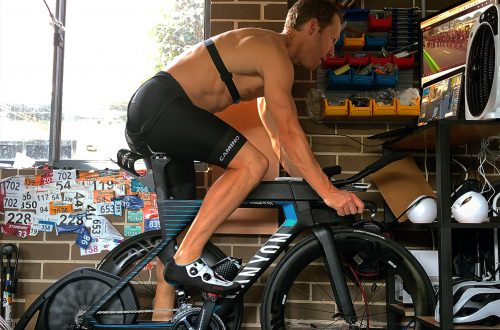
Understanding Cycling Power Zones
April 14, 2020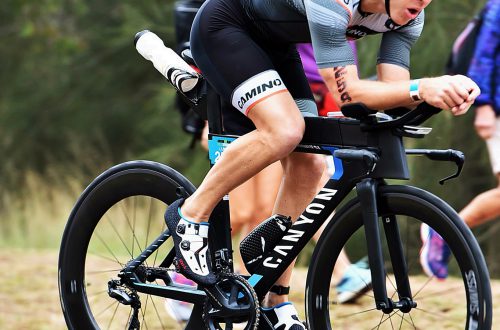
Ride Faster Easier
January 23, 2020Newsletter
Stay in touch, including tips and training sessions to improve.
Thank you!
You have successfully joined our subscriber list.
- luke@lukejonestri.com
- Sydney, NSW, Australia
Copyright © Luke Jones


One Comment
Pingback: